Under the sea: Marine Science program takes SSES to next level
Access to an on-campus waterway lifts the Marine Science program to new heights.
April 13, 2018
Living in Florida is an experience unlike most in other states around the country. Thousands of people move here every year to soak up our warm weather, sunny skies, and world-class beaches.
For many in our school community, Florida is home; they’ve never had the experience of living in another state or country. As a result, it’s not uncommon to see native Floridians take our precious surroundings, especially the water, for granted.
One of our state’s most prized possessions is our aquatic ecosystem, from the stunning reefs in the Keys to our gorgeous Gulf Coast beaches. This unique, local environment offers students prime opportunities to study marine science, something other American students aren’t privy to.
Here at Saint Stephen’s, we have the rare availability an on-campus water access point, the McLewis Bayou, which provides an outlet to the Manatee River and ultimately, the Gulf.
The bayou allows our students to study the waterways in our community in a hands-on, daily fashion. On any given day, one can see students headed out on kayaks or boarding boats provided by the Freedom Boat Club, to do marine science excursions. Further, the new Marine Science Center, built just a few years ago, is a well-designed machine for studying samples and doing experiments.
The marine science program at Saint Stephen’s offers quite a few activities. A core one is the monthly boat trips. Freedom Boat Club is partnered with Saint Stephen’s, and the club comes to pick up and take students out on the river often.
Boating adds practical benefits, as the students are able to take what they learn in the classroom and apply it in the real, natural world. Also, it’s hard to overlook the sheer fun of spending time out on the water with friends.
Sophomore Emma Harllee loves heading out on the river. She said, “My favorite part of Marine Science is probably all of the interactive boat trips that we take. Our hands-on experience includes actual field testing that scientists would do in the real world.”
The balance between out-of-class learning and in-class learning is key.
If hands-on learning is your preferred style and you value spending time out of the classroom, Marine Science should definitely be on your radar. With easy access to the McLewis Bayou, students are exposed to a variety of privileges, such as the ability to test the water’s quality, studying the mangroves, venturing on kayaks, and performing tests on wildlife afterward in the Marine Science Center’s tank.
The tank allows the students to conduct prolonged experiments, such as observing root and coral growth under a variety of imposed conditions like salinity, acidity, or currents. This is cool stuff!
As Mrs. Misiewicz, Upper School science teacher, says, “the hands-on activities are really what distinguish Marine Science from other courses here at Saint Stephen’s.”
As far as students are concerned, they should really think about these courses when deciding on next year’s elective.
Marine Science at Saint Stephen’s offers a three-part course, consisting of Marine 1, Marine 2, and Marine 3 Honors. Marine 1 is our starting course for Sophomores, but Mrs. Misiewicz wanted to stress that fact that “Marine Science 1 is not just a Sophomore class; it’s for Juniors and Seniors who are interested too.”
This course is useful to set a strong foundation to further expand into the more advanced classes.
Marine 2 is the second class in the three-part series. This class uses the skills learned in Marine 1 to allow students to perform more advanced experiments. Again, if you love hands-on learning, this course consists of plenty of dissection labs.
Marine 3 Honors is the most challenging and final part of our Marine Science curriculum. This class poses its students with practical challenges that prove useful in the real world. Students are required to conduct their own research projects.
This research project consists of students coming up with their own ideas, experimenting with their ideas to gather data, and using this data to write their own research papers and posters. Marine 3 Honors captures all of the skills learned in the two previous years and puts them all to use through real-world activities.
This course stresses practicality, as Mrs. Misiewicz puts it “that’s a big component of science in college. Presenting research, collecting data, and at the end writing a research paper.”
As far as resumes and accomplishments go, after completing Marine 3 Honors, students graduate with the “Ocean Academy Distinction Award.”
This is a prestigious award, and something students should be proud to get. Part of the award is receiving a pin to wear on your graduation gown.
Marine Science has a few students that go above and beyond and deserve recognition. Senior Merry Moore is doing incredible things within the marine world. She is representing Saint Stephen’s at the Water is Life conference in Tokyo, Japan, with her research about coral.
Sophomores Emma Harllee and Mikayla Woodard also have been recognized for their extra efforts. Emma has an internship at Mote Marine in Sarasota, and Mikayla has an internship with Suzy Fox, a local bird expert, involving bird research. Along with bird research, Mikayla is monitoring sea turtle nests over summer.
Mrs. Misiewicz sums the program up nicely: “I like to think that we have our own vibe down here. It’s calm and tranquil, and I feel like a lot of students could use that over the course of their day, to get out of the upper school and be immersed in nature. And it’s only a three-minute walk; I’ve timed it.”

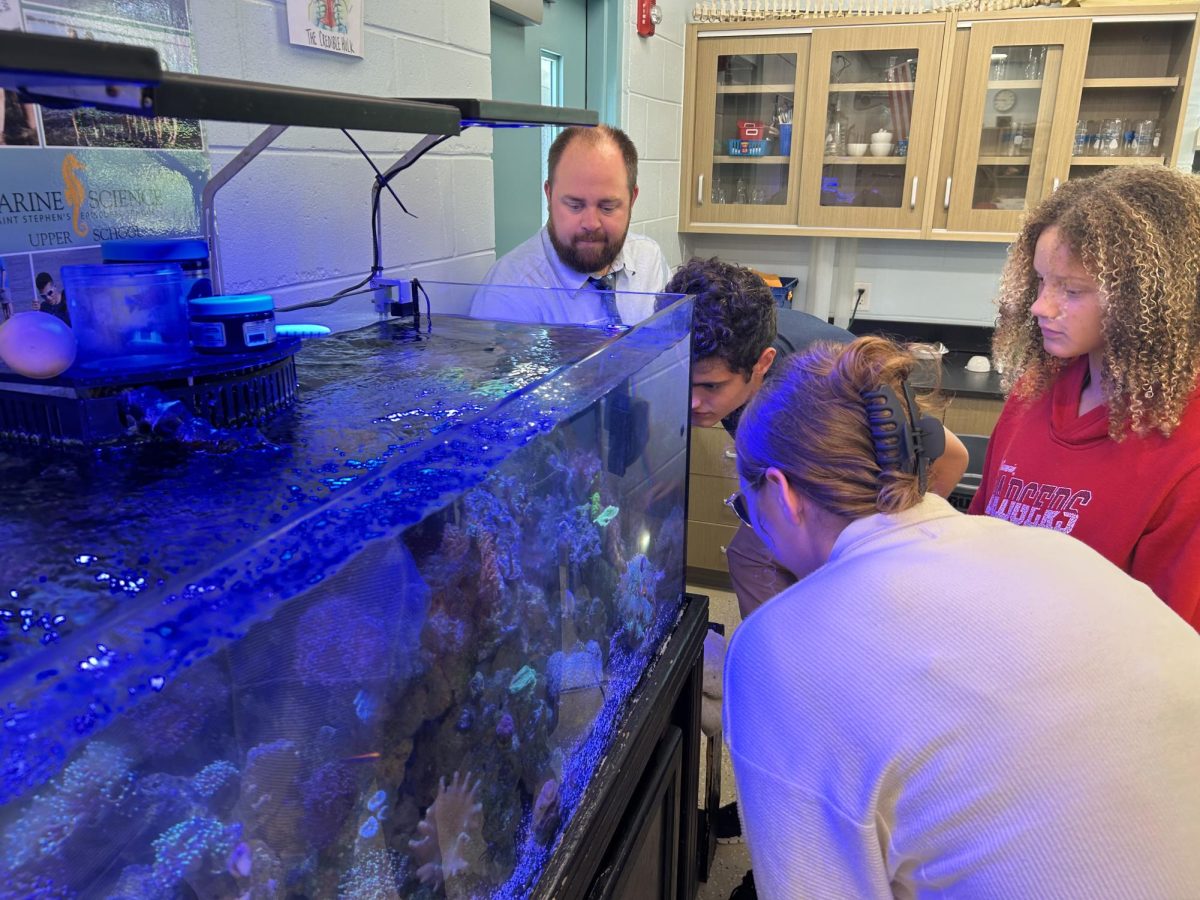
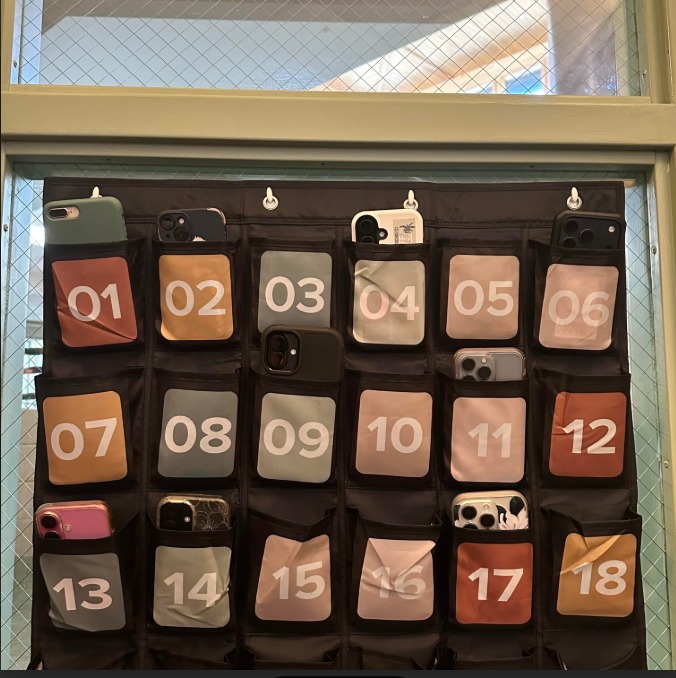
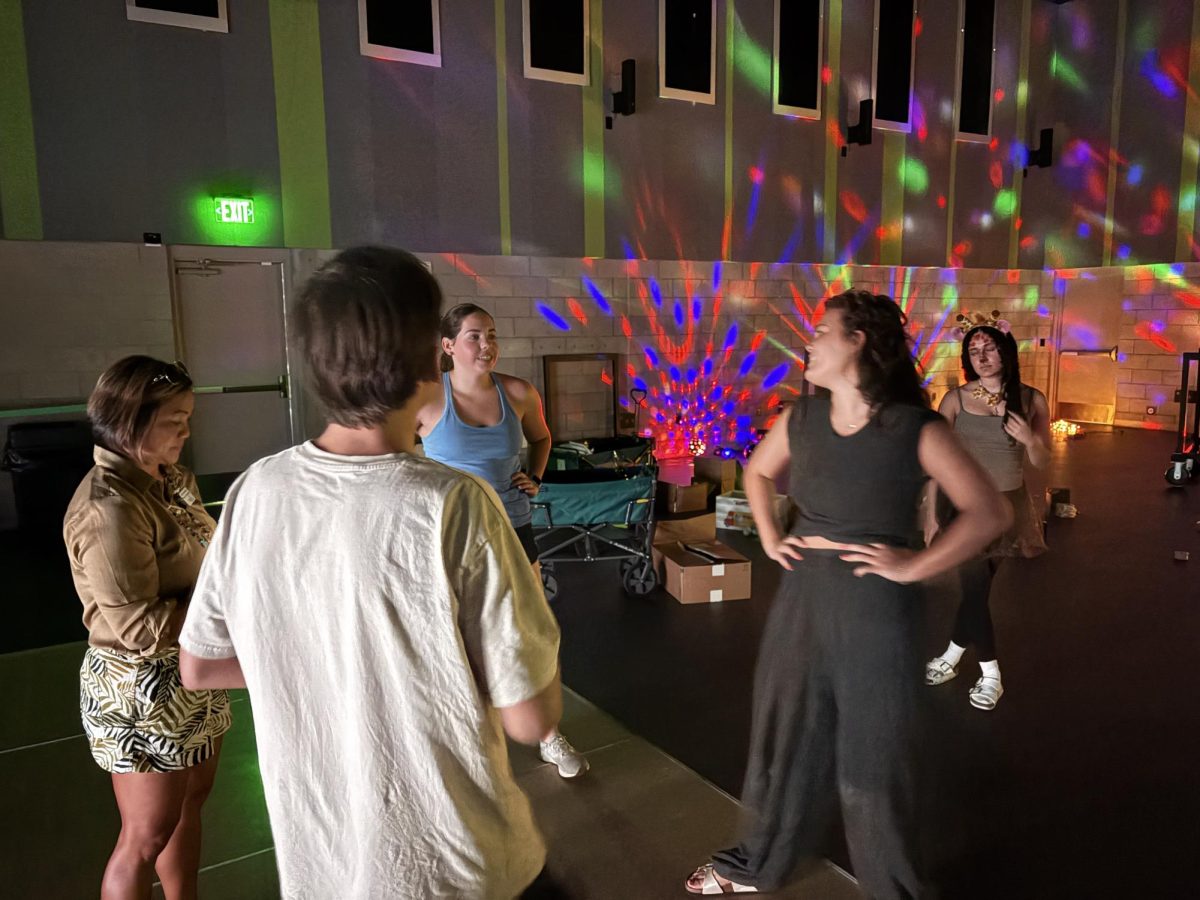
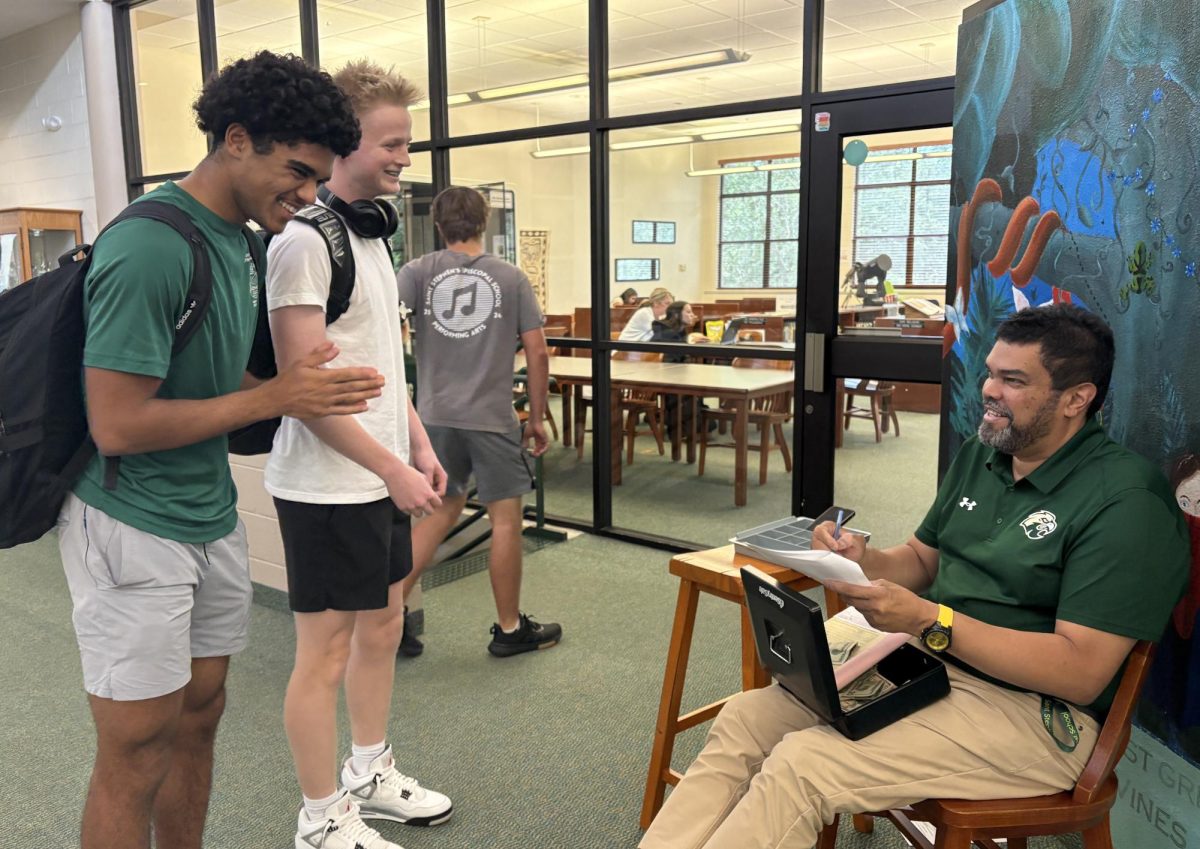
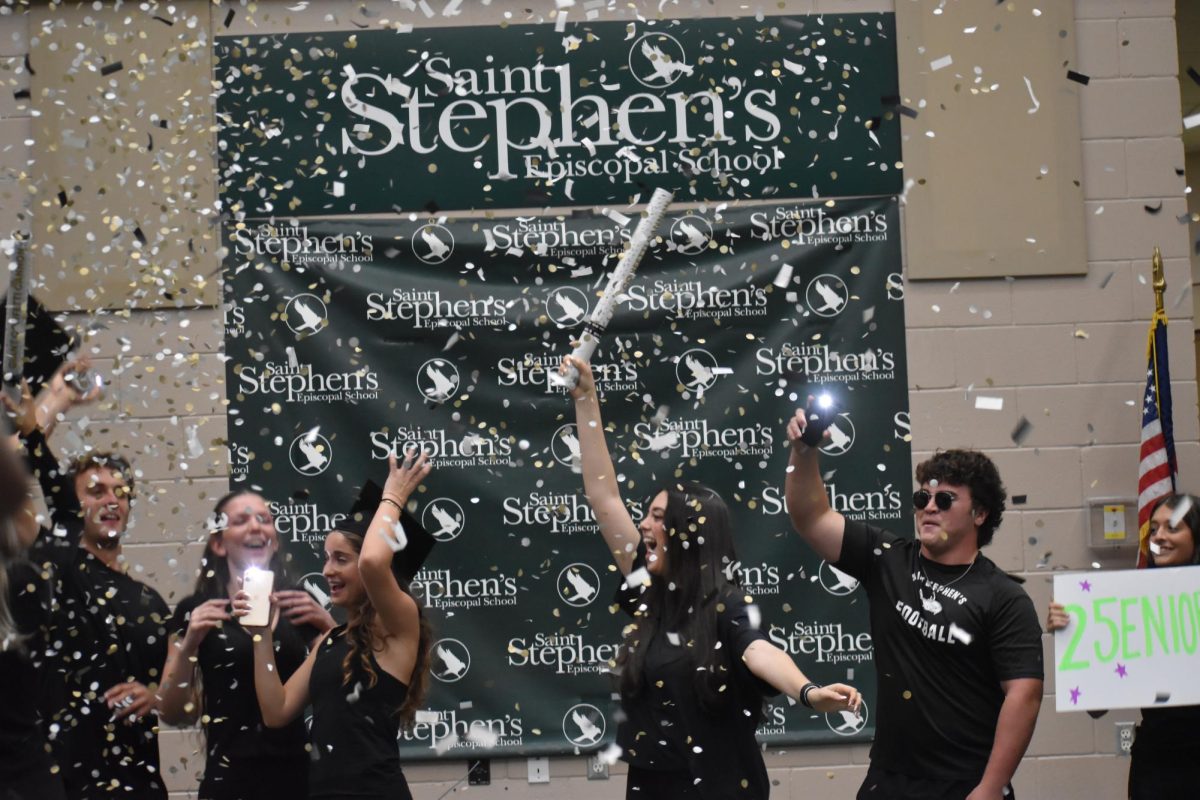

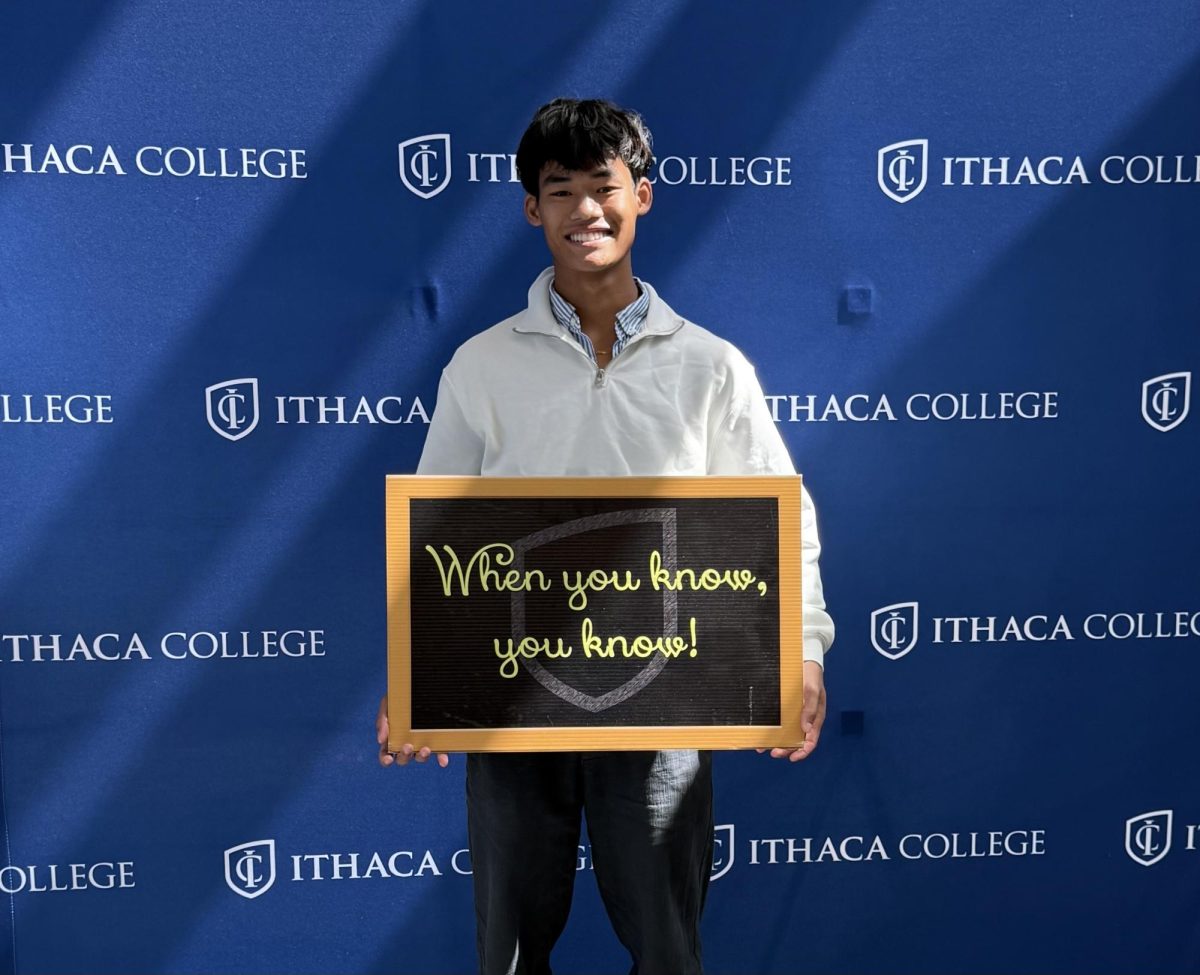
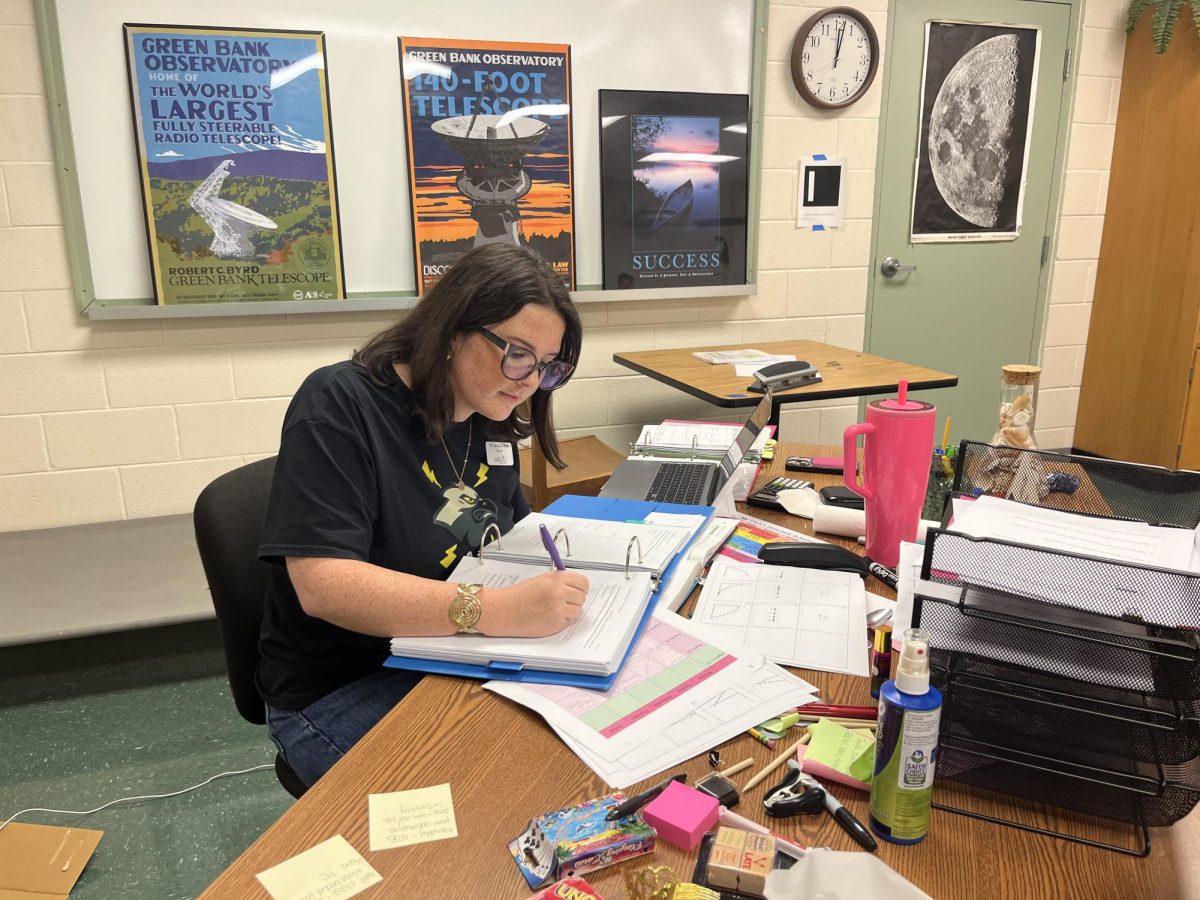
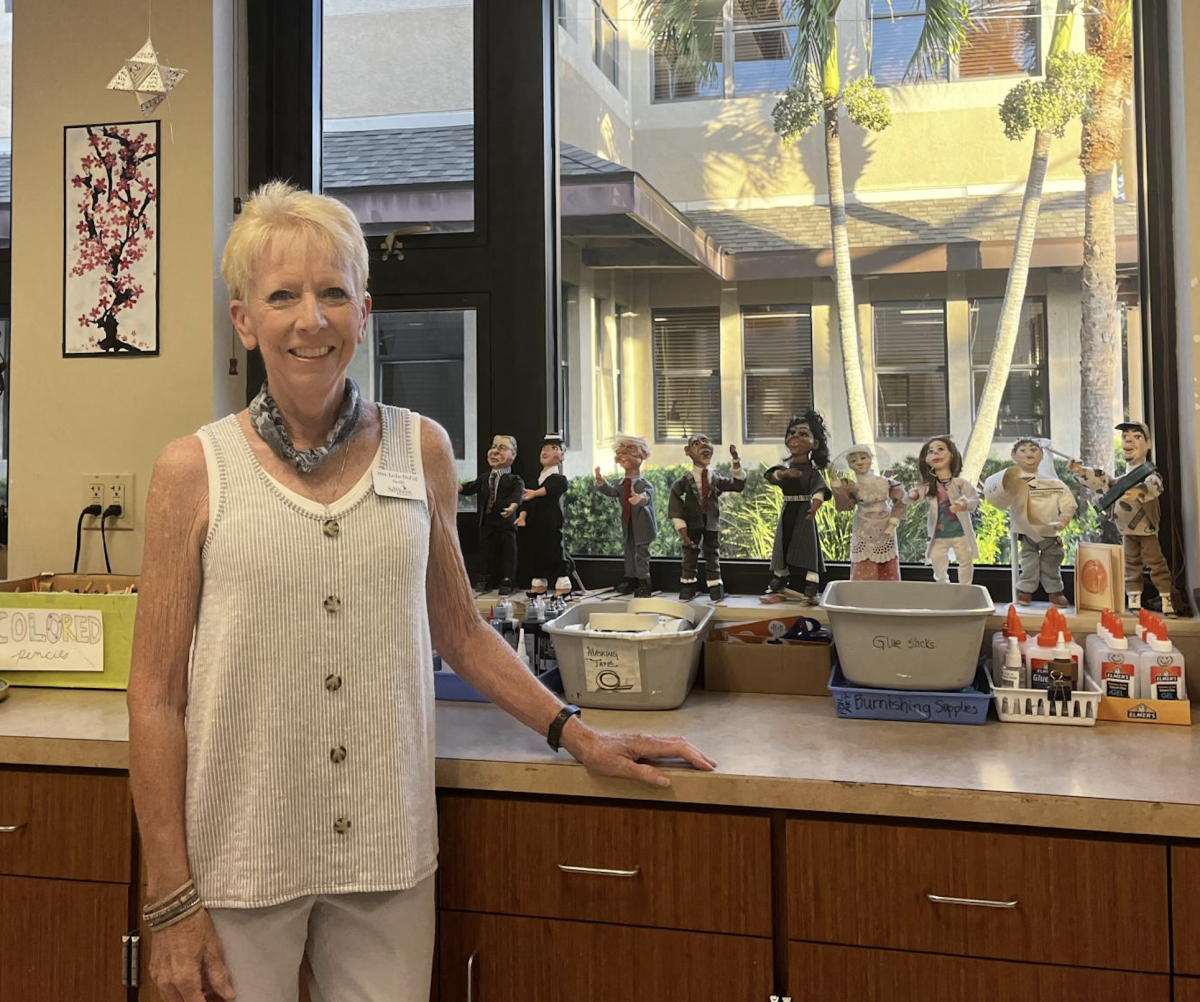
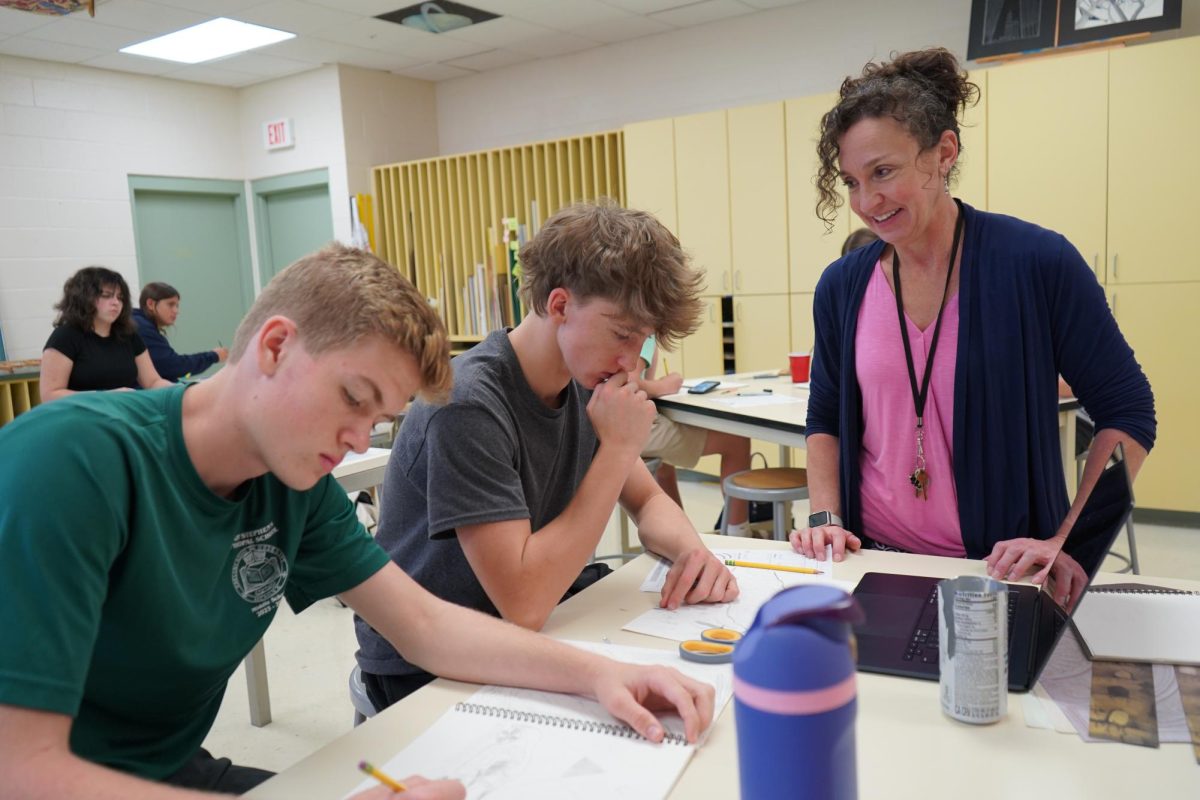
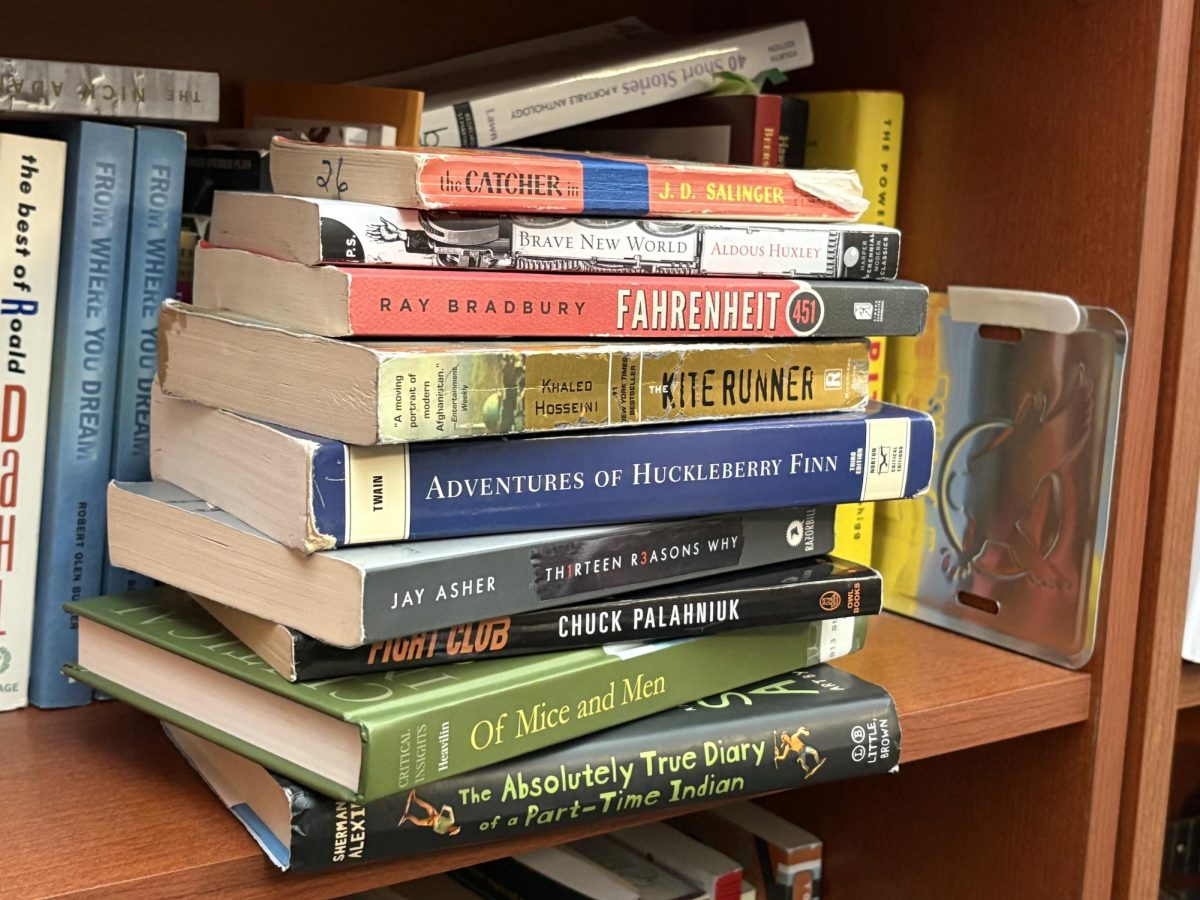
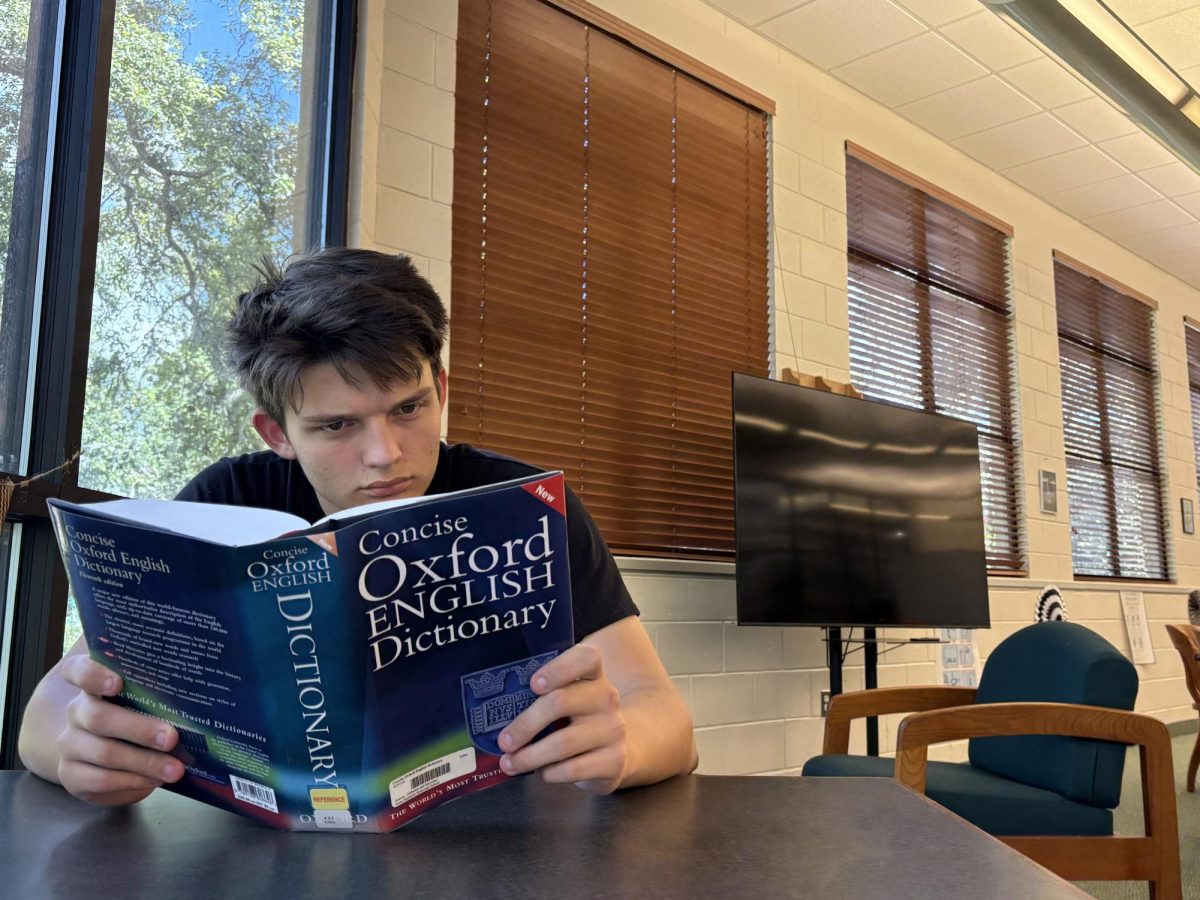

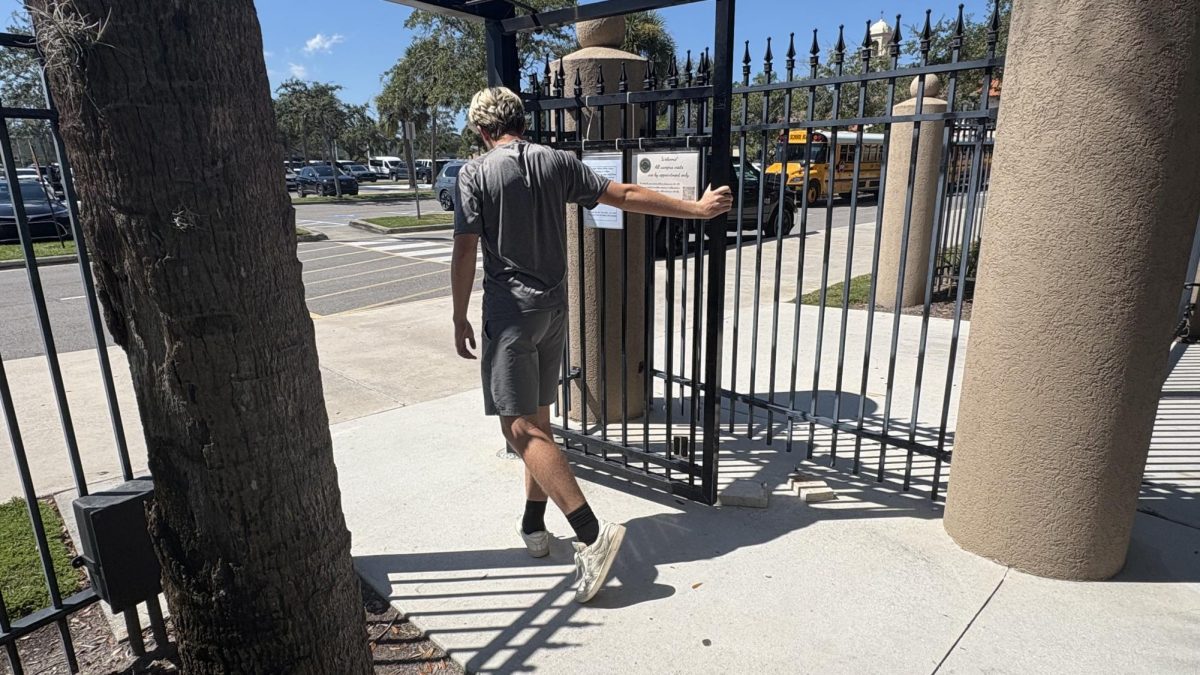











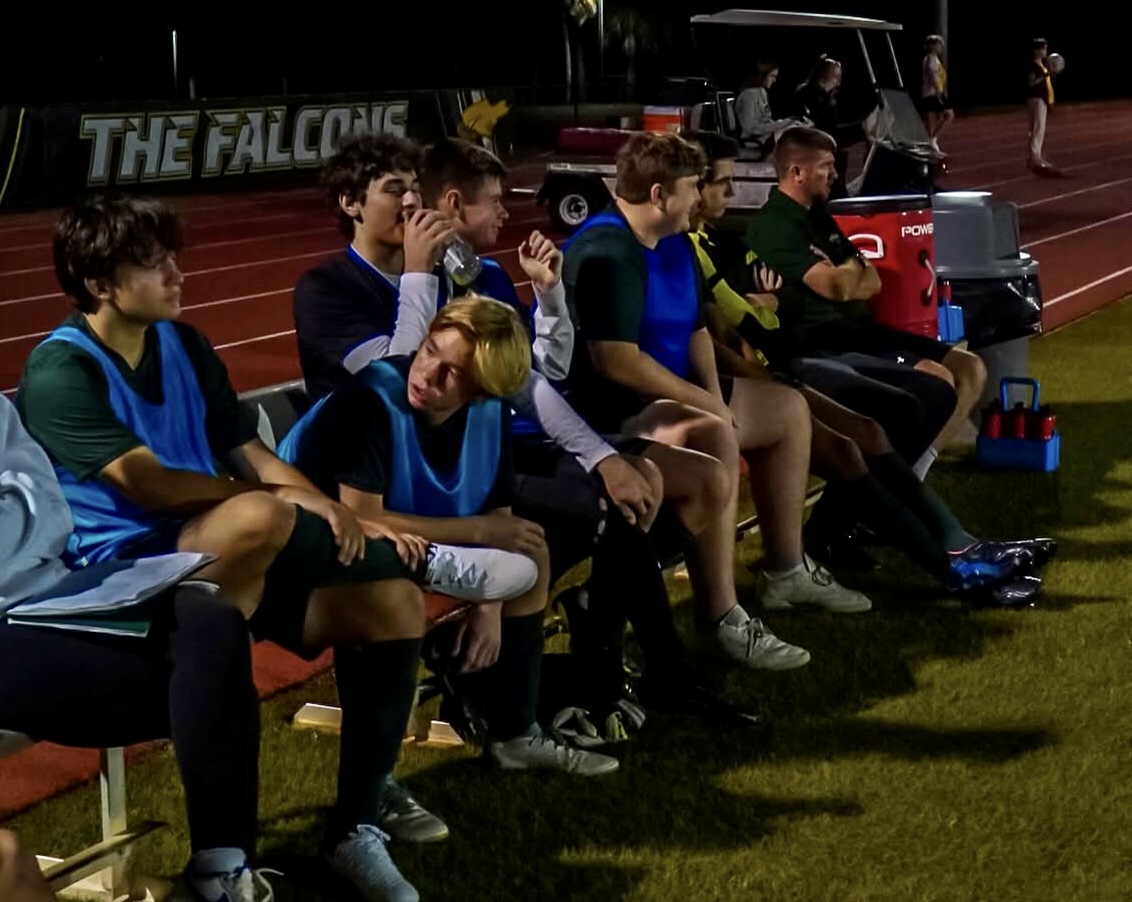
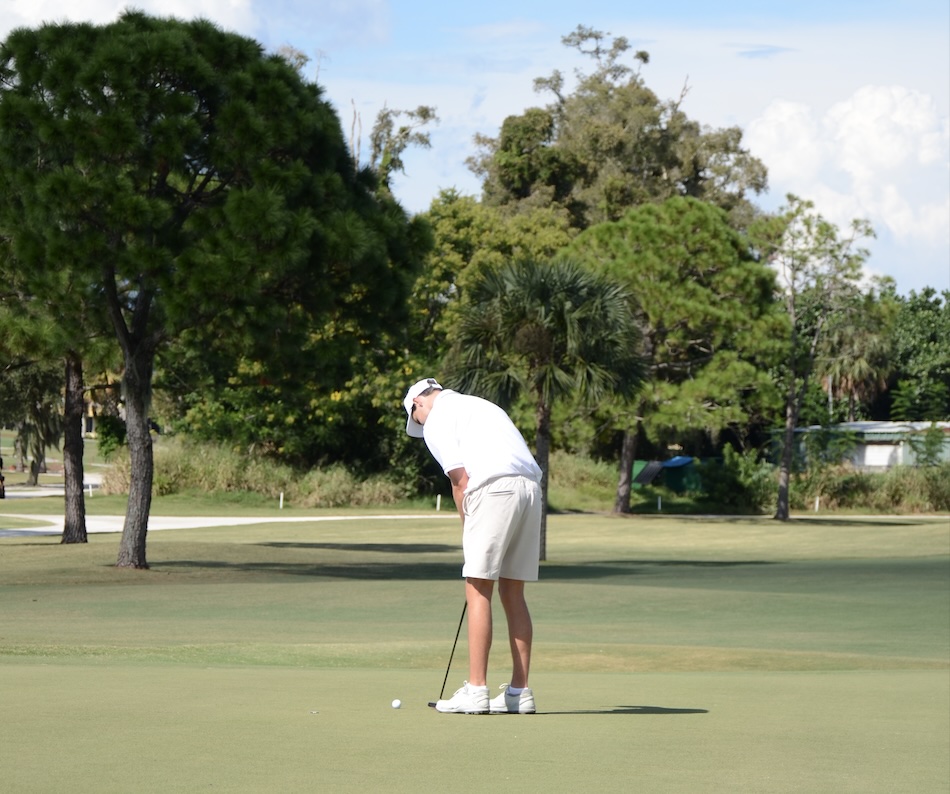
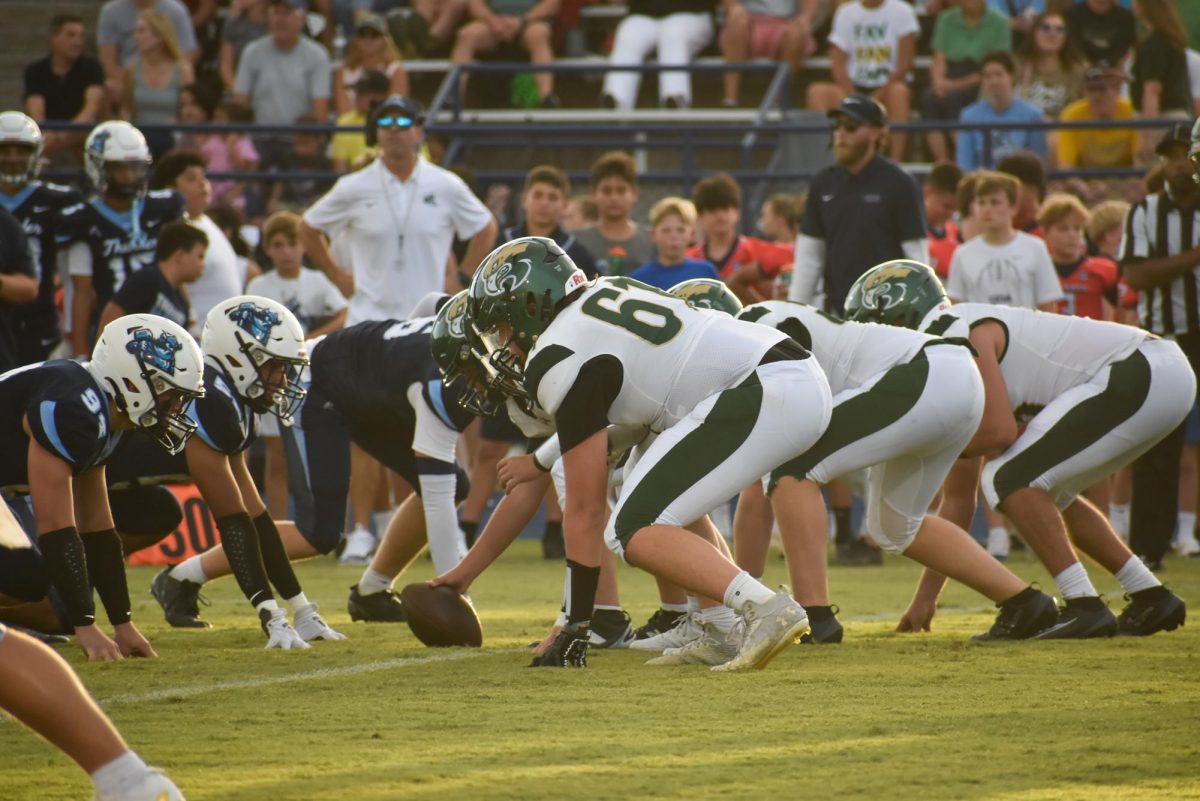
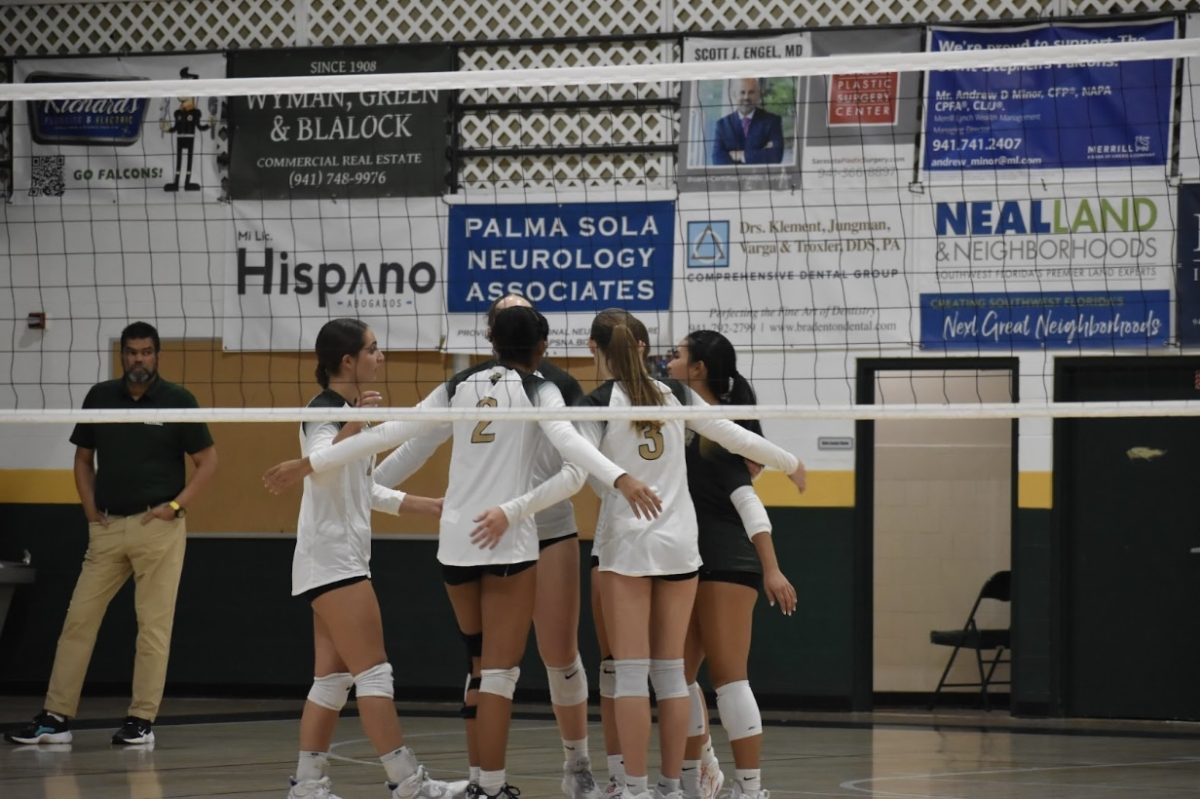
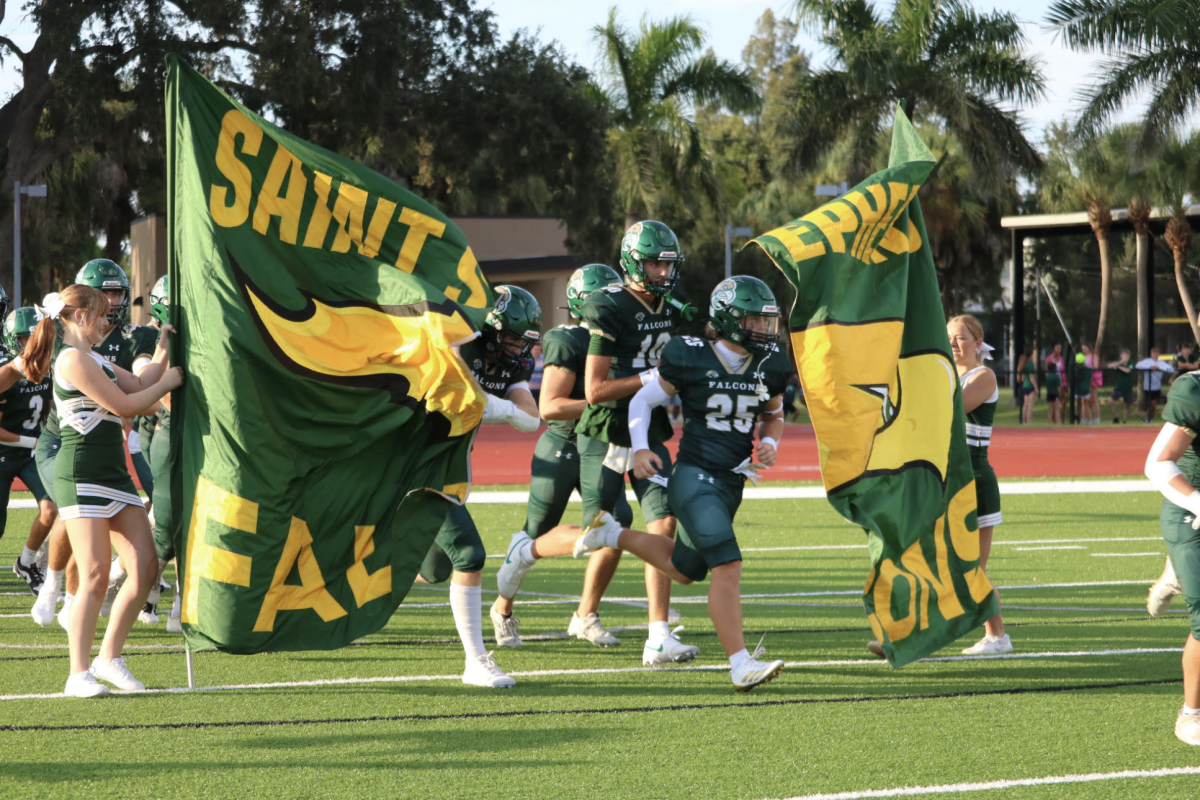
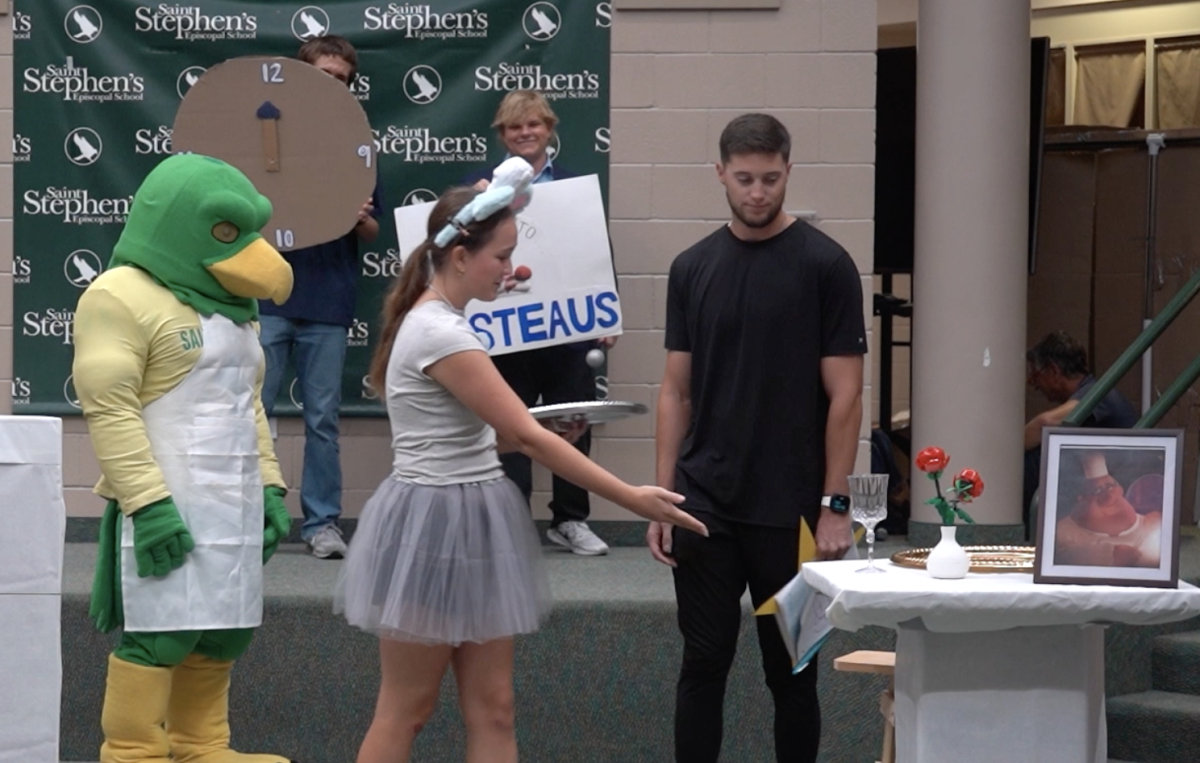
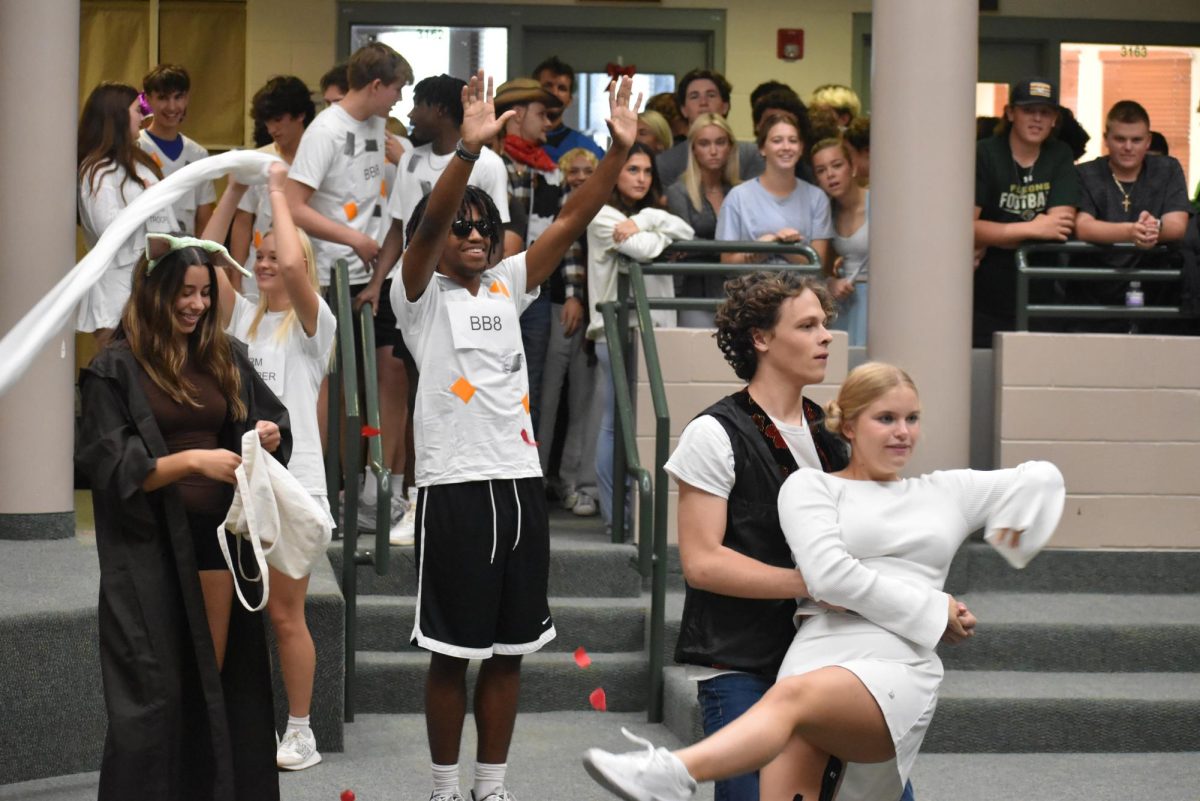

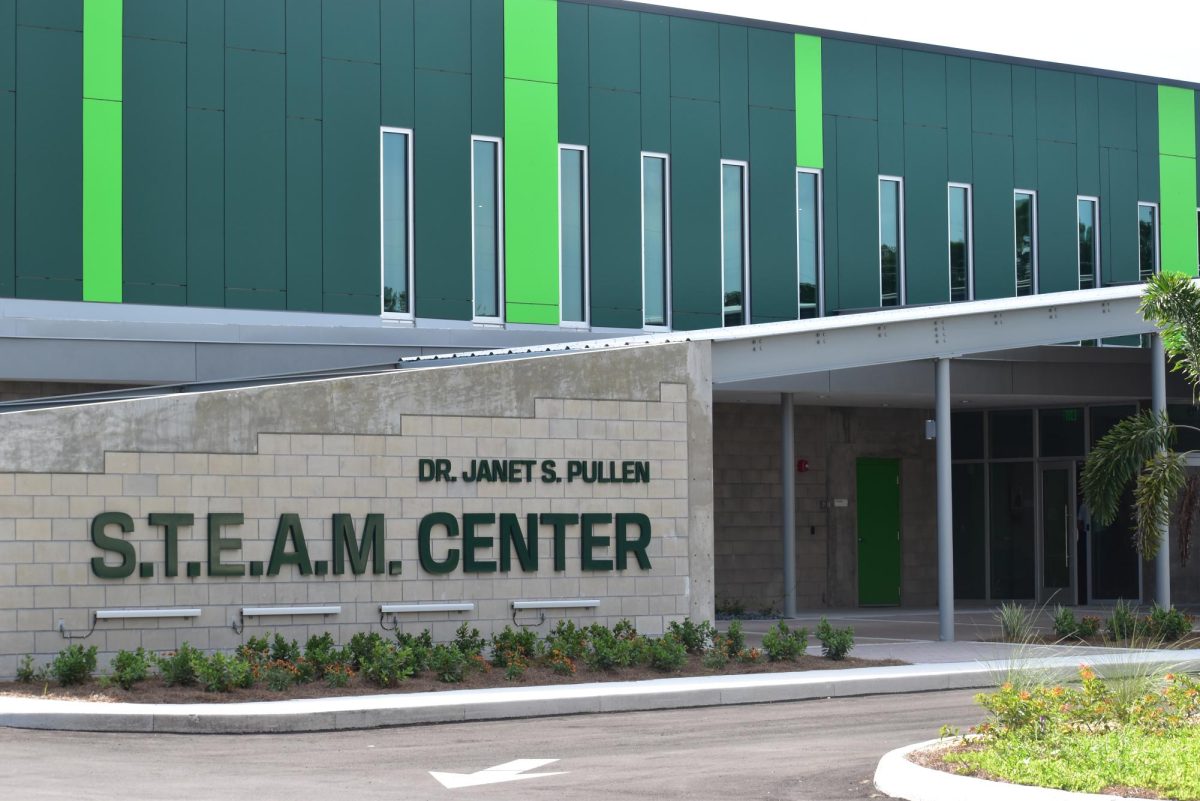
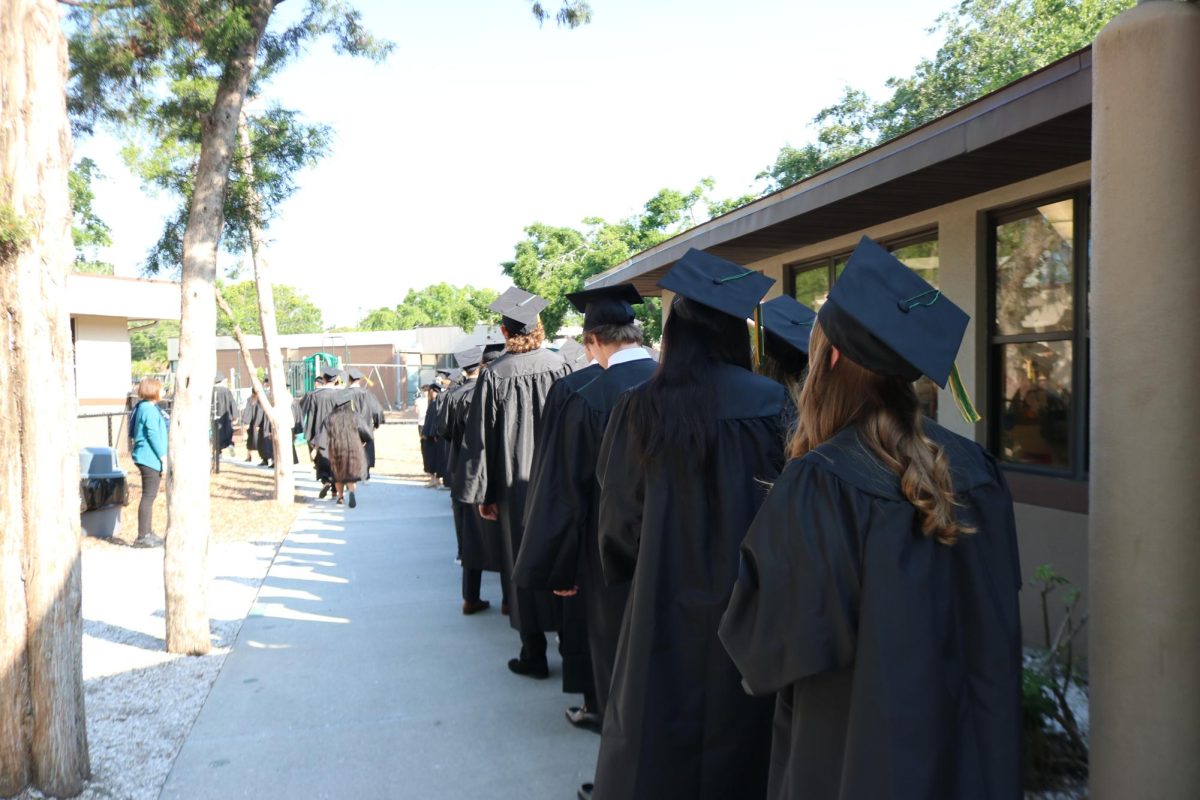





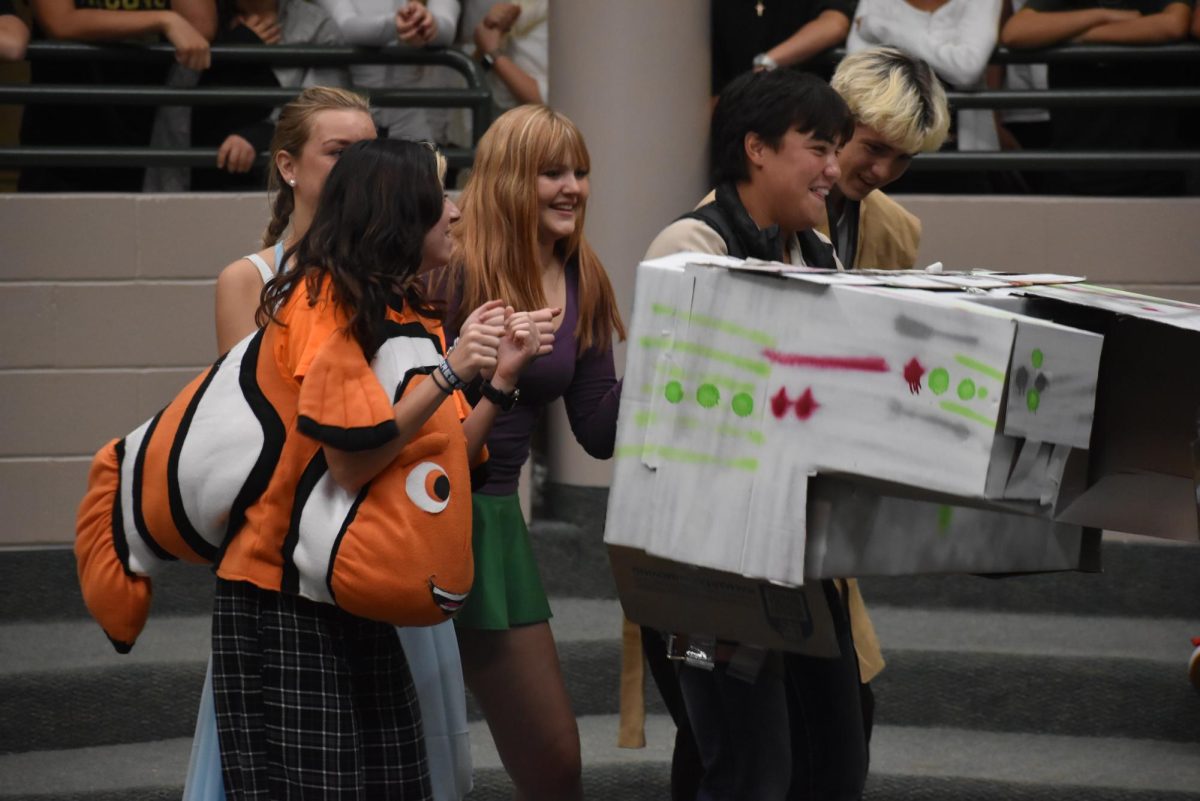
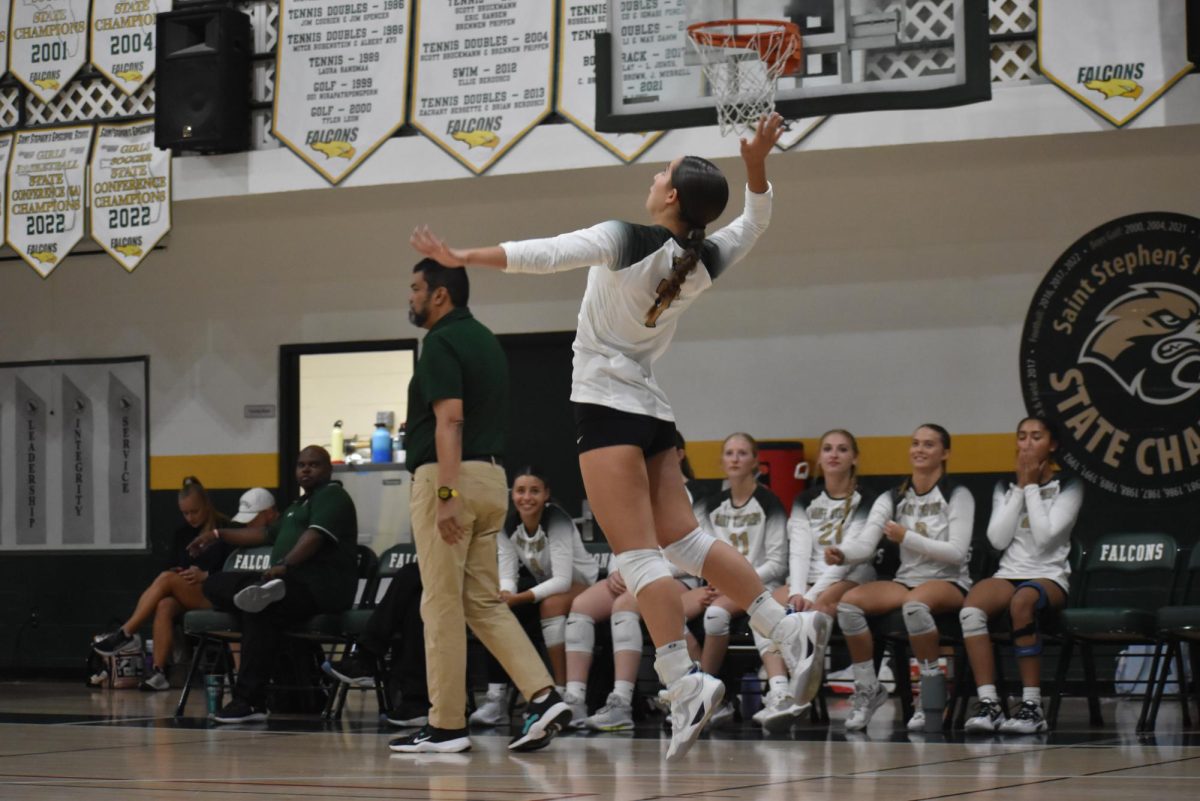



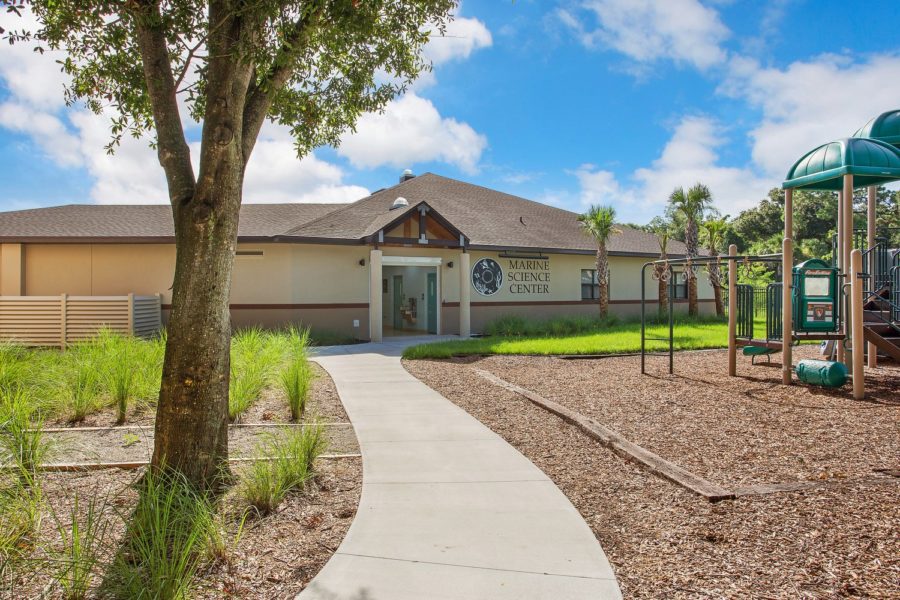
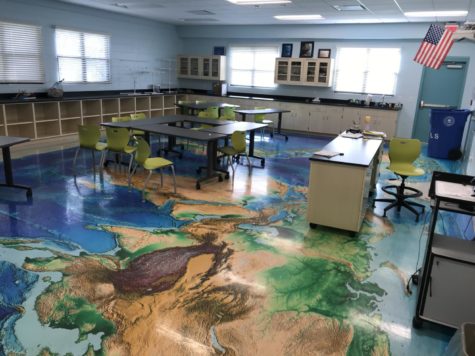
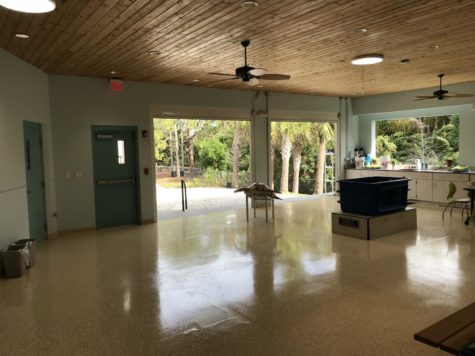
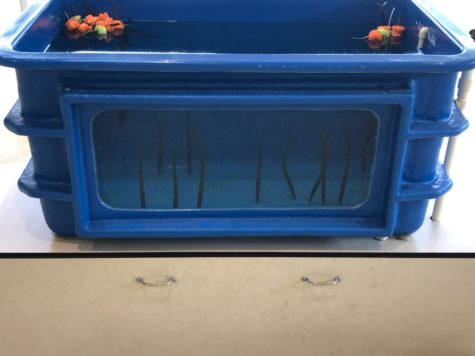
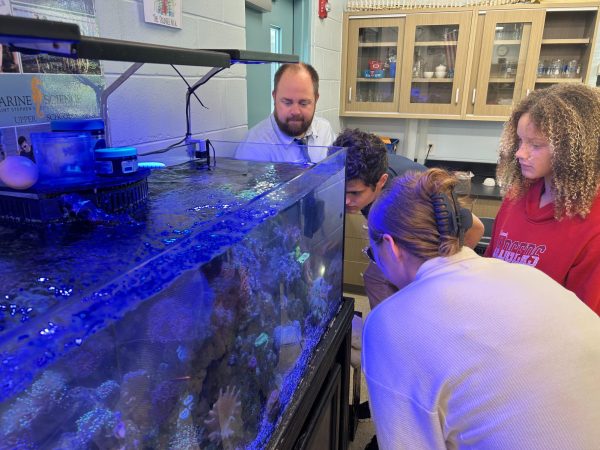
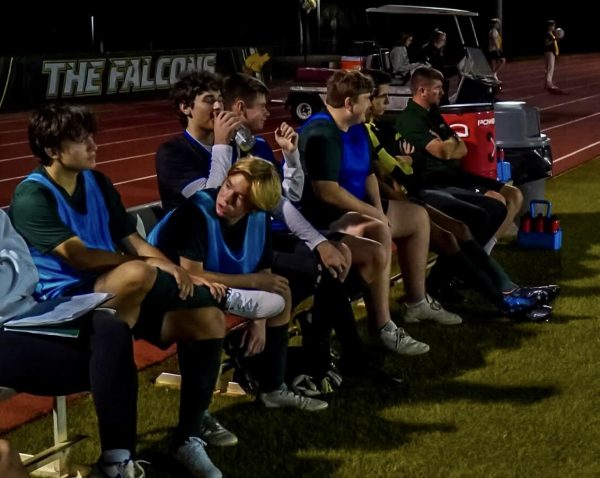
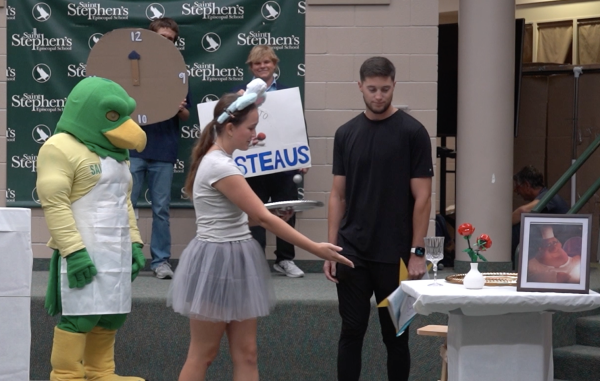
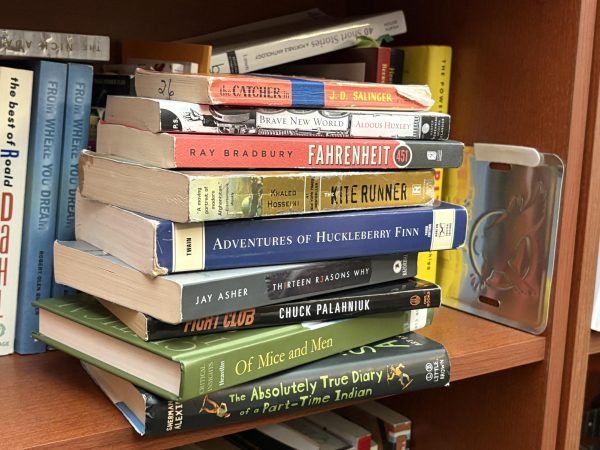
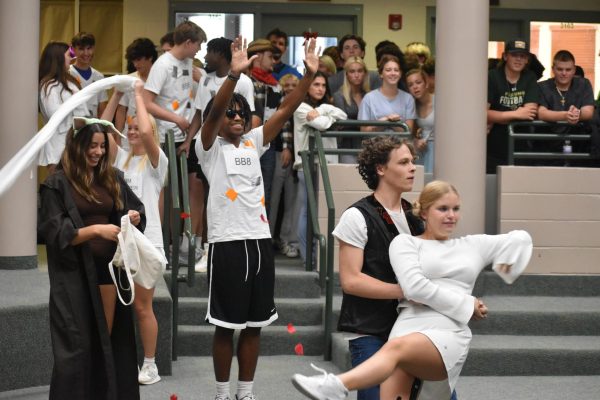
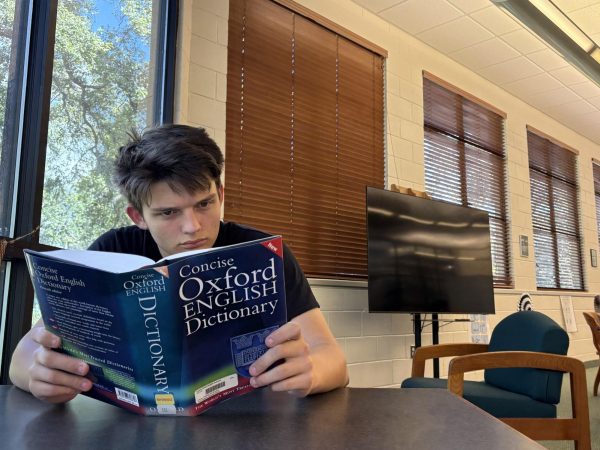
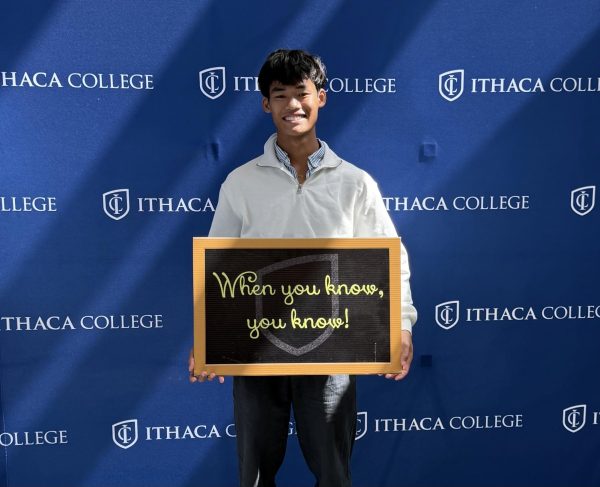
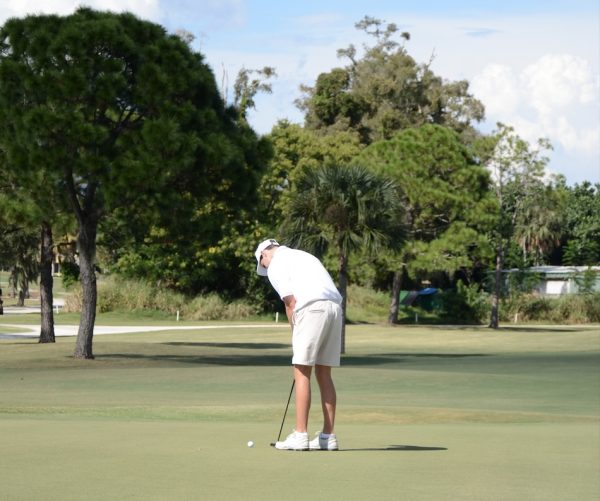
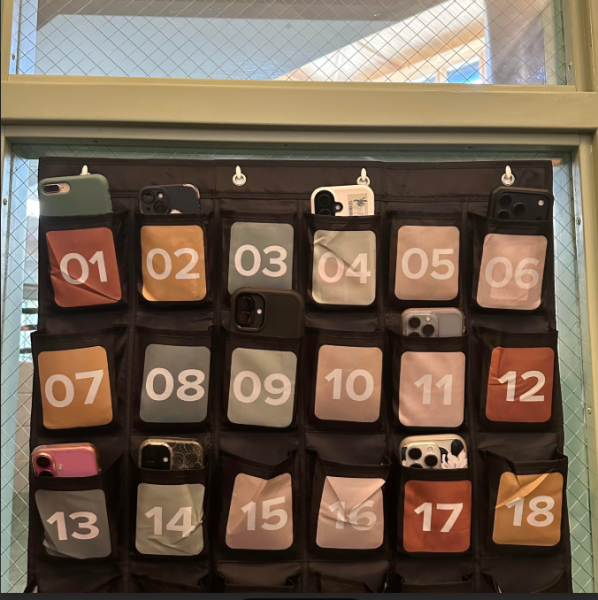
Miranda • Apr 17, 2018 at 11:55 am
This is a great article!! It is amazing to see the Marine Sciene program expanding.
Calvin • Apr 17, 2018 at 11:53 am
Very cool!!